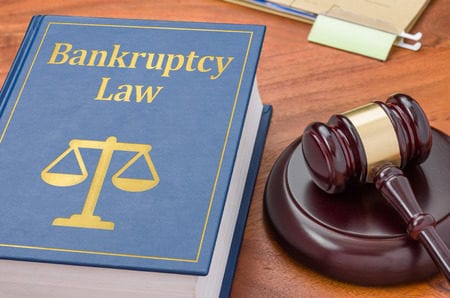Valuation of Assets in Bankruptcy
Valuation of property or assets in bankruptcy is an important element of any bankruptcy, including Chapter 7 and Chapter 13 bankruptcy. The proper standard of valuation has been the subject of considerable debate and litigation. Some of the controversy surrounding valuation of assets in bankruptcy has been ameliorated by the passage of the 2005 Bankruptcy Abuse Prevention and Consumer Protection Act (BAPCPA). The standard usually applied in determining the value of an asset for purposes of bankruptcy is the price a retail merchant would charge Read More +



